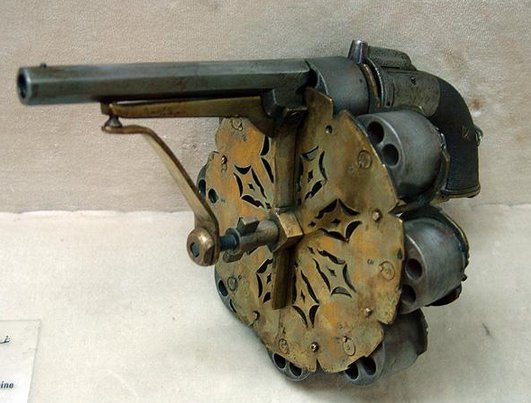Plus, what people think history is, and what history actually is, well.
Where are the rabid dogs? Where, in the 1800s historical fiction, is the guy who cut off his own dick in a fit of Delirium Tremens and then died and a doctor actually wrote up an account of it for a medical journal?
Where's fifty thousand different things that are part of history.
(Note, I'm not complaining about their lack per se. What I'm saying is that chasing realism doesn't work, and in many cases makes the work worse.
For instance, obvious one: you have to downplay the racism and sexism of certain eras at least a little, because few people will want to read works sunk *deep* into the bedrock of past beliefs.
And if you do show such beliefs, you usually have to separate your protagonist from them, make him or her more enlightened than their time.)

